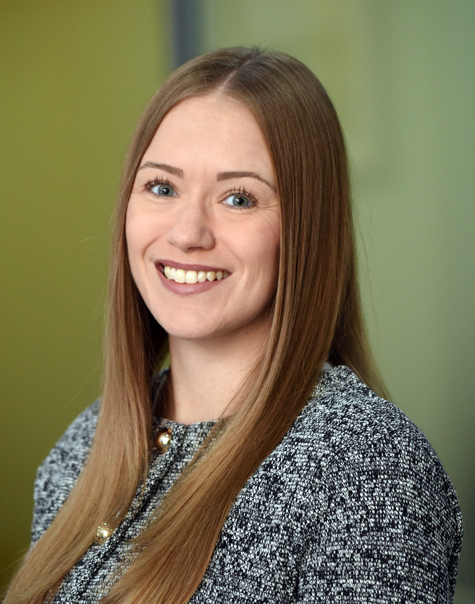As a claimant clinical negligence solicitor who solely represents people who have been injured as a result of medical negligence, I have found that our profession is stigmatised and often faces negative criticism. Certain factions of the media frequently report on the substantial amounts of money allocated to the NHS budget for dealing with clinical negligence claims annually, whilst politicians are keen to chastise “fat cat ambulance chasing lawyers” who are unjustifiably draining money from the NHS budget, which could go towards employing more nurses or doctors.
The NHS is highly regarded in the UK. It is therefore challenging for some to comprehend why claimant clinical negligence lawyers dare pursue cases against the NHS and other healthcare professionals.
So, why do we do it?
It is crucial to understand that claimant clinical negligence lawyers aim to achieve two key objectives in pursuing clinical negligence cases:
- To obtain compensation for injured patients or their families.
The aim of compensation in a clinical negligence case is to put a claimant back into the position they should have been in but for the negligence (as far as possible). For example, for a child who suffers a preventable hypoxic brain injury due to an unjustified delay in delivering them, compensation can provide the means to ensure they receive the care, therapy, and equipment they need to live as full a life as possible despite the lasting effects of their injury.
Of course, it isn’t always possible to put the injured person back into the position they would have been in but for medical negligence. Where someone has died due to medical negligence, compensation aims to put their dependents back into the financial position they would have been in but for the loss of their loved one. In the case of a widow who has suffered the loss of their spouse due to medical negligence, compensation can mean the difference between being forced to sell their primary residence or being able to continue making mortgage payments and remain in their home.
Compensation payments are frequently labelled as "winnings" in the media, but this is misleading. In cases of clinical negligence, there are no winners. A child who has lost their limbs from untreated sepsis would undoubtedly prefer have all of their limbs and to live a "normal" life like their peers. Similarly, a widow would prefer to have their spouse back rather than receive any form of compensation.
Claimants do not make the decision to bring a clinical negligence case lightly. Some patients may fear repercussions if they are still receiving active treatment. They also face a significant burden of proof in demonstrating that the care provided was negligent. It is rare for defendant hospitals and doctors to immediately admit their mistakes early on in the process. Instead, claimants often endure years of evidence gathering and communicating with the defendant before seeing a positive result.
It is understandable that the starting point of a defendant accused of being negligent would be to defend a claim brought against them – it’s human nature, particularly where compensation might have to be paid; however, defendants’ resistance to engage in this process, in accordance with their duty of candour (to tell people when something has gone wrong), is a significant factor in the rising cost of clinical negligence cases reported in the media. This defensive stance also hinders the opportunity for them to learn from the mistake that has been made. This leads to the secondary objective of clinical negligence cases:
- To hold medical professionals accountable, so that lessons are learned and future mistakes are prevented.
As the Association of Personal Injury Lawyers (APIL) reported in 2019, “the key to reducing the NHS compensation bill is for patients to stop being injured by medical negligence”. Indeed, one of the main driving factors behind many of our clients’ decision to bring a medical negligence claim is to make sure the same thing doesn’t happen to anyone else.
Take a moment to imagine a world where clinical negligence lawyers didn’t exist – medical professionals would not be held accountable for providing poor care; hospitals wouldn’t learn from these mistakes and people would continue to suffer harm by doctors acting in exactly the same way again and again.
Unfortunately, it is not uncommon for clinical negligence lawyers to observe patterns in healthcare where things go wrong. For instance, midwives in certain hospitals who struggle to identify pathological CTGs during labour, resulting in babies being born with hypoxic brain injuries. Another example is ambulance services that repeatedly delay in responding to calls or miscategorise the same, resulting in patient deaths. If these deficiencies were acknowledged and addressed such as through providing proper training for midwives or investing funds in additional resources for emergency responses, instead of spending millions of pounds defending the indefensible, it is likely that there would be a decrease in the number of claims arising from the devastating consequences that ensue.
Despite what the press and politicians say, clinical negligence lawyers are not the enemy – we want to help and support people who have been let down at their most vulnerable. By doing so, we also aim to support medical professionals in England and Wales to learn from their mistakes and to ensure that standards of healthcare are upheld for the benefit of everyone in society.
If you or someone you know is worried about the healthcare you or they have received, please do not hesitate to contact us for a free initial consultation.
"*" indicates required fields

 Back
Back
















